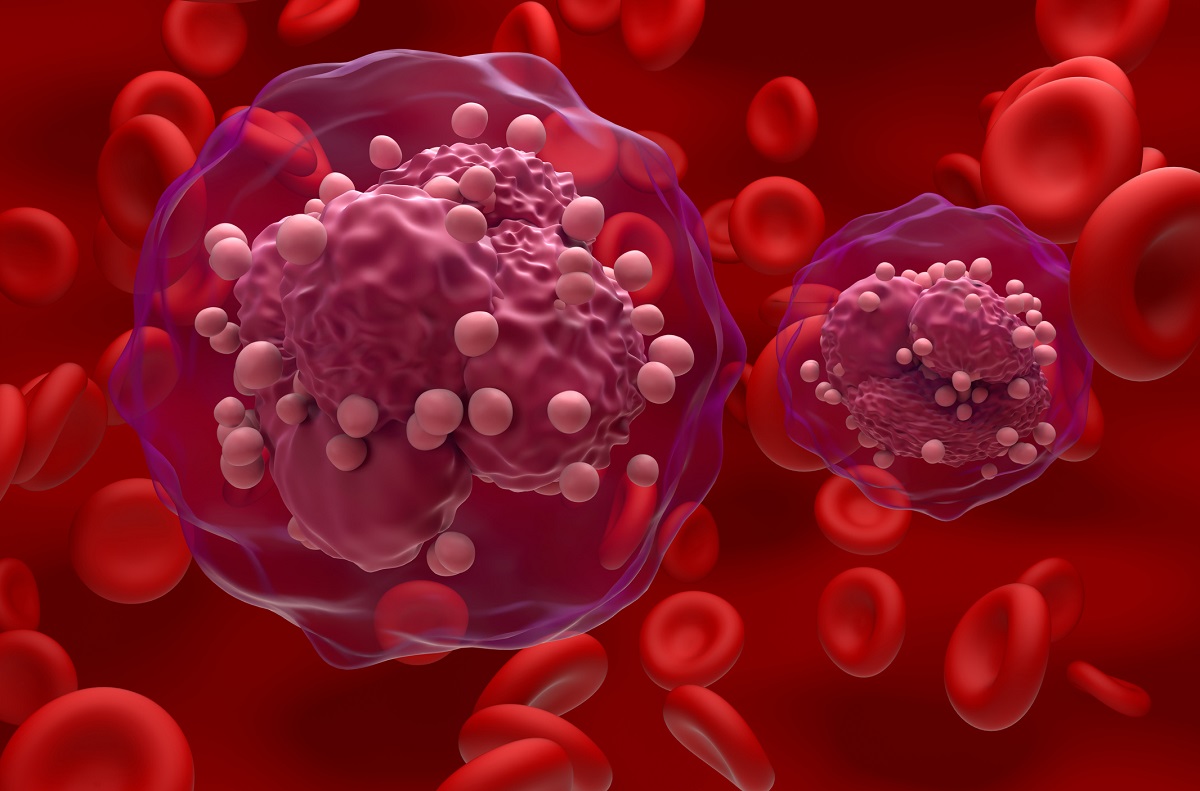KEY TAKEAWAYS
- The phase 3 trial aimed to evaluate the efficacy of blinatumomab in improving outcomes for MRD-negative BCP-ALL.
- The primary endpoint was to determine OS, and the secondary endpoint was RFS.
- Researchers noticed that adding blinatumomab to consolidation chemotherapy significantly improved OS in patients with MRD-negative BCP-ALL.
Many older adults with B-cell precursor acute lymphoblastic leukemia (BCP-ALL) experience relapse despite achieving measurable residual disease (MRD)-negative complete remission with combination chemotherapy. Blinatumomab, a bispecific T-cell engager molecule, is approved for the treatment of relapsed, refractory, and MRD-positive BCP-ALL and may offer potential benefits for patients in MRD-negative remission.
Mark R Litzow and the team aimed to assess the efficacy of blinatumomab when added to consolidation chemotherapy in improving outcomes for adult patients with MRD-negative BCP-ALL.
They performed an inclusive analysis by randomly assigning patients aged 30 to 70 years with BCR::ABL1-negative BCP-ALL, who were in MRD-negative remission (defined as <0.01% leukemic cells in bone marrow as assessed on flow cytometry) after induction and intensification chemotherapy.
Patients were assigned to either receive 4 cycles of blinatumomab in addition to 4 cycles of consolidation chemotherapy or to receive 4 cycles of consolidation chemotherapy alone. The primary endpoint was overall survival (OS), while relapse-free survival was a secondary endpoint.
About the 3 efficacy interim analysis, the data and safety monitoring committee recommended reporting the results. Complete remission with or without full count recovery was observed in 395 of 488 enrolled patients (81%). Among the 224 patients with MRD-negative status, 112 were assigned to each group.
Patient characteristics were balanced between the groups. At a median follow-up of 43 months, the blinatumomab group demonstrated a significant advantage over the chemotherapy-only group in OS (at 3 years: 85% vs. 68%; hazard ratio for death, 0.41; 95% confidence interval [CI], 0.23 to 0.73; P = 0.002).
The 3-year relapse-free survival was 80% with blinatumomab compared to 64% with chemotherapy alone (hazard ratio for relapse or death, 0.53; 95% CI, 0.32 to 0.87). However, a higher incidence of neuropsychiatric events was reported in the blinatumomab group compared to the chemotherapy-only group.
The study concluded that the addition of blinatumomab to consolidation chemotherapy in adult patients in MRD-negative remission from BCP-ALL significantly improved OS.
The trial was sponsored by the National Cancer Institute (NCI).
Source: https://pubmed.ncbi.nlm.nih.gov/39047240/
Clinical Trial: https://clinicaltrials.gov/study/NCT02003222
Litzow MR, Sun Z, Mattison RJ, et al. (2024). “Blinatumomab for MRD-Negative Acute Lymphoblastic Leukemia in Adults.” N Engl J Med. 2024 Jul 25;391(4):320-333. doi: 10.1056/NEJMoa2312948. PMID: 39047240.



